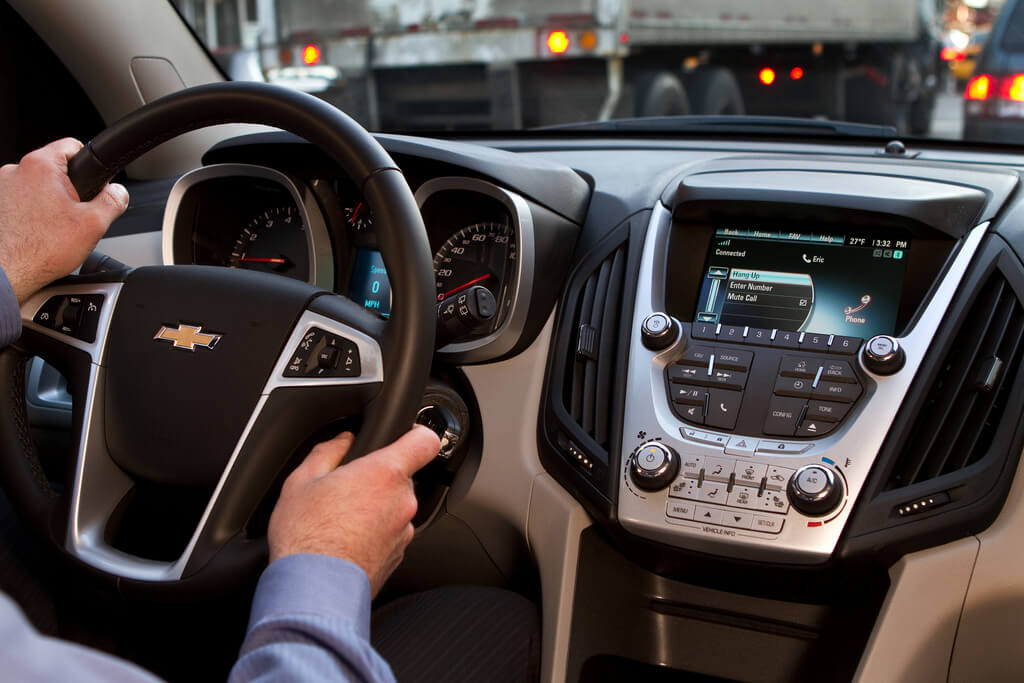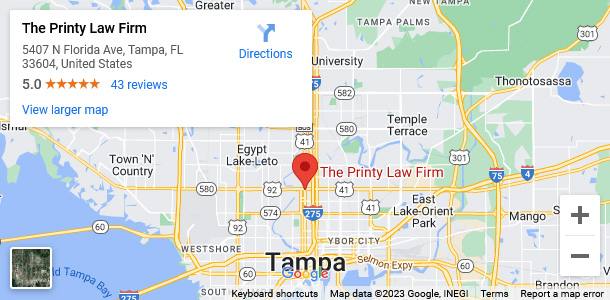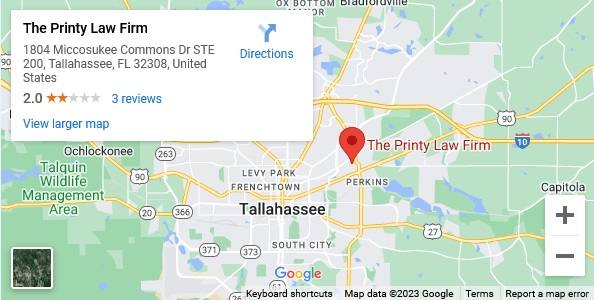Accident While Driving for Uber or Lyft?
Personal Injury Lawyer | Rideshare startups like Uber and Lyft have changed how many of us get around. Previously, getting from Point A to Point B required having a car, using public transportation, or paying for a taxi. Now, a ride is just a few smartphone screen taps away.
But like any change to the status quo, the rise of rideshare services brings legal questions. Questions arose about who is liable in an accident involving a rideshare driver and how these individuals are employed, forcing the companies that provide these services to quickly clarify their terms of service and government to pass legislation regulating them.
Still, the answers to questions about liability in a rideshare collision and collecting compensation for damages sustained in one are murky.
Ridesharing Statistics
Uber quickly became the most prominent rideshare service in the United States. Currently, more than 1 million Uber rides are taken every day, according to statistics from DMR. As of February 2016, the service operates in 68 countries.
Other rideshare statistics of note include:
- There are now more Uber cars (14,088) than yellow taxi cabs (13,587) in New York City.
- According to a report in the Washington Post, Uber drivers make an average of $17 to $30 per hour.
- Lyft is the second-most prominent rideshare app, with 61,300 users and a net worth of $1.2 billion.
Employees or Independent Contractors?
Currently, Uber and Lyft drivers are classified as independent contractors, although a few courts have rules that individual drivers must be classified as employees. But, as provided by Business Insider, there are pending lawsuits, alleging that they need to be classified as employees because of the type of work they perform, because their companies profit directly from their work and because they are paid for their time.
As independent contractors, this means that Uber and Lyft drivers cannot seek workers’ compensation for the injuries they sustain on the job, which can be extensive in a car accident. As discussed in a recent piece in Forbes, many drivers are fighting back, citing that in some cities, taxi drivers are entitled to receive workers’ compensation despite being labeled as independent contractors.
Courts Struggle to Categorize Sharing Economy Workers
Rideshare drivers are part of what is known as the “gig economy” or the “sharing economy.” They do not work set hours for set salaries, instead opting to work at times that are convenient for them, picking up “gigs.”
Traditionally, this is how most independent contractors work, which is why it seems that rideshare drivers fit into this employment category. However, they do not meet all of the IRS’s requirements for independent contractors, which has led to the debate about what type of workers they really are. -Pajcic
For more information do not hesitate to call our Personal Injury Lawyer at Printy Law Firm | Tampa 813.434.0649 | Tallahassee 850.877.7299





